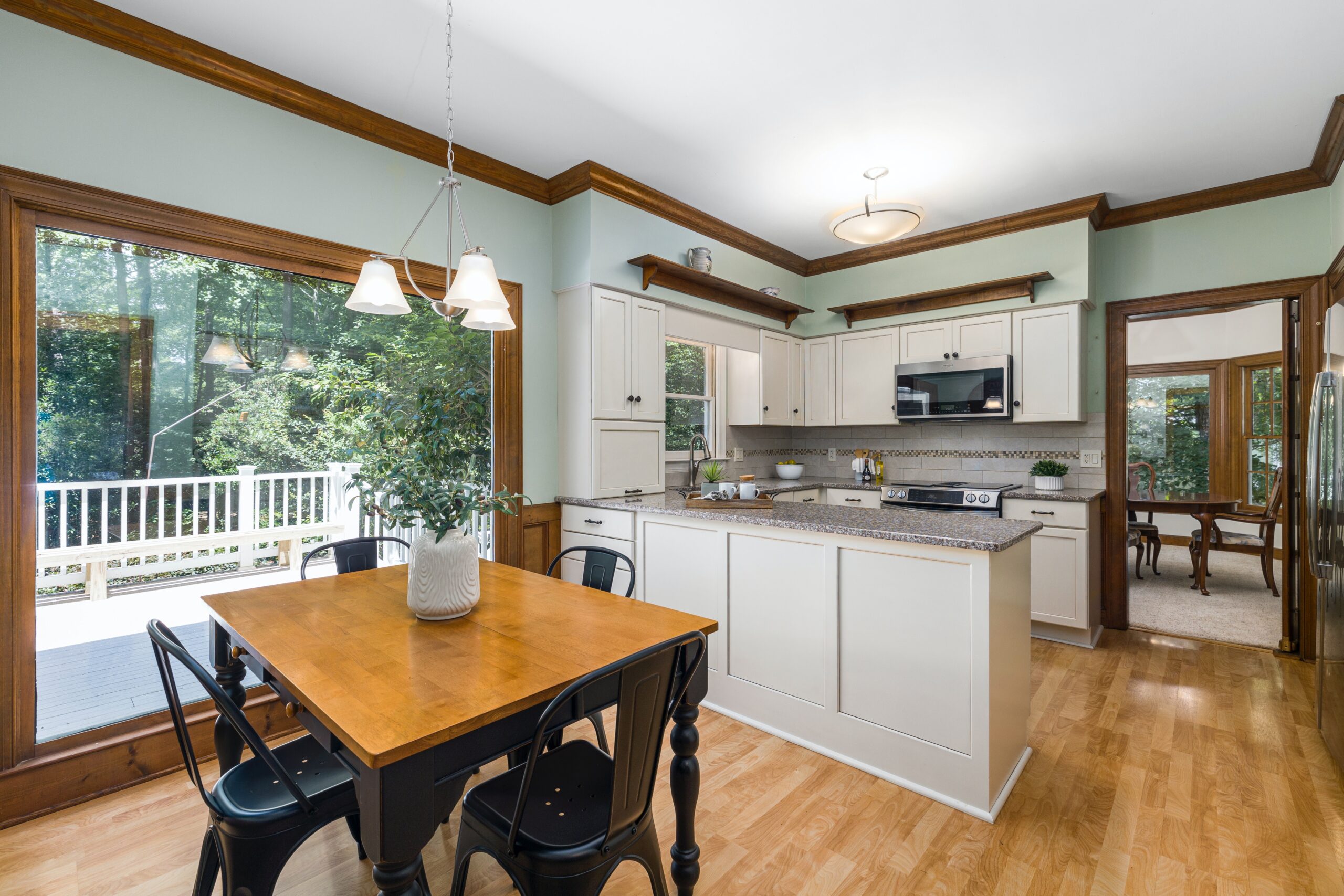 Productivity
Productivity
Building a home extension is a great way to increase your home’s value by as much as 56%. Moreover, it can help create more space around the house if you consider expanding. Whatever your reason is, building an extension is much easier than moving to a new home, and you can learn a thing or two during that period. One thing you shouldn’t forget is to ensure that your new space is as energy-efficient as possible. Here are three tips to keep in mind:
- Design your extension with sustainability in mind
The biggest mistake you can make when building an energy-efficient home extension is not having it in your original planning stages. It needs to take centre stage right from the moment you have an idea and want to have your design drawn out. That’s why you must include professionals to help incorporate energy-saving elements into your building plan. If you’re considering including a smaller unit on your plot, you can work with a multifamily construction company to help you achieve the look you want while keeping your eco-friendly efforts in place. Expert contractors and builders will know how to provide you with designs for your energy-efficient extensions and will know the right tools needed to bring your plans to life.
- Purchase energy-saving appliances
The electrical appliances that you use in your daily activities can play a huge role in either reducing or inflating your energy bills. Therefore, when buying home appliances, you must be extremely thorough and weigh your options. If, for example, you plan on moving your kitchen to the new extension, investing in energy-saving appliances that will regulate your energy consumption would be wiser.
It doesn’t have to be just your kitchen. If your new extension is for a bathroom, bedroom or even a man cave, you must purchase the right appliances to help you reduce how much energy you use. For starters, you must look for appliances with energy star ratings or speak to an expert for advice before making a purchase.
- Consider your heating and cooling
When building an extension, you must seriously consider your heating and cooling system, especially since it can cost you a lot if it doesn’t meet the space requirements of your extension. Instead, work with professionals who can accurately measure your extension and let you know which heating and cooling options would best fit. That way, you can get value for your money.
Apart from the size of your space, you will also need to determine which heating source would be good for your home, whether it would be electric, wood or solar. It would help to consider all the pros and cons and discuss your options with a professional before deciding.
It takes a lot of work to build an energy-efficient home extension. However, when done right, you will not regret your decision. With these great tips, you can build the best energy-efficient extension that will reap its investments, so keep this in mind.

